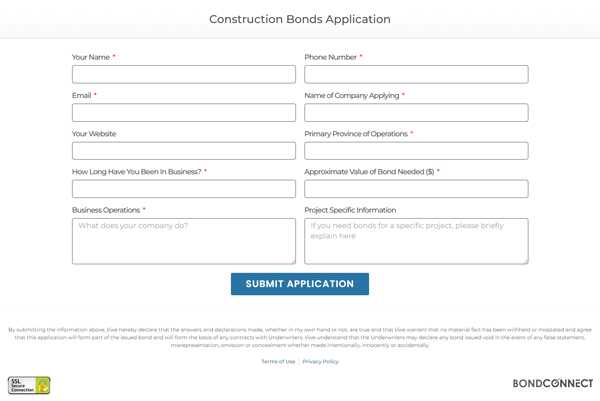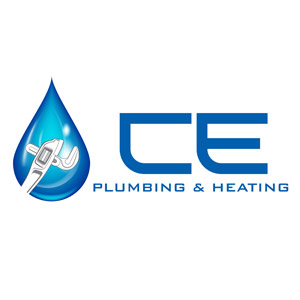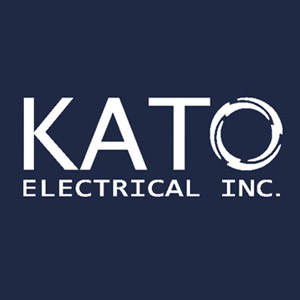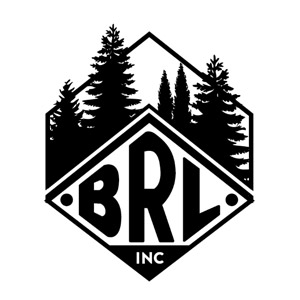Construction Bonds
Surety Bonds for Contractors
Construction Bonds are an integral part of the construction industry and are often utilized on large scale or civil projects. The term ‘Construction Bond’ is typically referring to Contract Bonds which are used in both the tender phase and the construction phase of a specific project. We’ll delve into the different types of bonds leveraged in the construction industry below, but don’t hesitate to reach out to us for advice on getting started.
What is Bonding in Construction?
Construction Bonds are three party financial instruments that guarantee a contractors performance, payment, tender, or other obligation to a project owner. They are a form of financial protection for the owner to ensure the contractor(s) they hire will uphold their obligations.
There are a few important kinds of bonds that are typically considered a ‘construction bond’. Whether you need a bid bond, performance bonds, or labour & material payment bond guarantees – we can help. Click here for an outline of the different types.
Why are Construction Bonds needed?
The various construction surety bonds are leveraged in their respective situations; however, in general they are used to safeguard project owners and obligees from the default of the contractors they hire.
Surety bond underwriters pre-qualify contractors that are capable of issuing bonds through a mechanism called the “3 C’s of Surety“. These are:
- Character
- Capacity
- Capital
It is important to know that although surety bonds are often referred to as a form of “coverage”, that protection is for a project owner and the contractors obtaining the bonds are still liable for any financial loss via an instrument called an Indemnity Agremeent.
What are the Benefits of Utilizing Construction Bonds?
Some of the benefits of the utilization of Construction Bonds are as follows:
For Contractors
- Enables increased working capital and maximize liquidity that could otherwise be tied up as guarantees in the form of bank drafts or certified cheques.
- Reduce the amount of capital needed that must be tied up by contractors to perform their work while still having owners comfortable with project protection.
- And more depending on the bonds issued and the protection required.
For Owners & Municipalities
- Guarantee the price submitted during a contract tender will be upheld.
- Protect owners from contractor price adjustments due to oversights on a tender.
- Commit that "Final Bonds" will be issued if a construction contract is awarded
- Guarantee the performance and quality of a contractors work on a specific project.
- Guarantee payment of any sub-contractors and suppliers working with the bonded prime contractor.
- Commit to a maintenance / warranty period on a completed contract.
- Pre-qualify a bonded contractor to ensure they have adequate character, capacity, and capital to complete a specific project.
Construction Bonds are excellent financial instruments in many situations and are beneficial to contractors, subs, suppliers, and owners of many contracts across the construction industry for protection from contractor defaults or when a contractor fails to meet obligations on a construction project.
What Types of Construction Bonds are Available?
The types of bonds available and commonly used in the construction industry in Canada and the United States are as follows:
Tender Bonds
(Issued during a Contract's Bidding Phase)
- Bid Bond : Bid Bonds are used as a qualification mechanism for owners to ensure a contractor has the capabilities of commiting to their bid value submitted during a tender.
- Consent of Surety : Also referred to as an "Agreement to Bond", a Surety's Consent is a guarantee issued during the tender phase of a contract to commit to issuing "Final Bonds" if a contractor is successful in their tender submission.
- Bonding Letters : Sometimes called "Good Guy" or "Sunshine" Letters, these instruments are non-binding documents that are often utilized during an RFQ phase to short list contractors that have adequate bonding limits to become approved contractors of a specified owner.
Final Bonds
(Issued once a Contract has been Awarded)
- Performance Bond : Perf Bonds are the most prominent contract bonds utilized for the performance portion of a construction project. It guarantees a contractor will complete their contract commitment to sufficient standards, within the timeframe outlined.
- L&M Payment Bond : A Labour & Material Payment Bond is a formal financial commitment that a prime's sub-contractors and suppliers will be paid in the event of the principal's default for a specific project.
- Maintenance Bond : Not extremely common bonds as a maintenance / warranty period is included as a standard part of Performance Bonds with modern CCDC standards for bond wordings. It protects an obligee from inadequate maintenance on completed contract works.
Other Bonds
(Unique solutions & license bonds)
- Developer Bond : Also referred to as "Subdivision Bonds" or "Development Bonds", this is a bond that replaces letter of credit requirements that become tied up with municipalities for site servicing financial obligations bore by a developer.
- Electrical Contractor's Bond : This is a guarantee usually in the amount of $10,000 that is provided to a Provincial Safety Authority as a requirement for obtaining an electrician's license.
- Gas Contractor's Bond : This is a financial guarantee typically in the amount of $10,000 that is provided to a local Provincial Safety Authority as a requirement for obtaining a gas / mechanical contractor license.
- License & Permit Bonds : There are various other kinds of license and permit surety bonds that can be needed in specific industries such as roofing, general contracting, and more depending on which province business operations are being performed in.
- Lien Bond : Construction Lien Bonds are not a common requirement, but a surety bond tool that can be helpful to ensure the continued flow of funds in a situation where there is a lien placed on property when there is an unresolved dispute on a project.
How much do Construction Bonds Cost?
The cost of a Construction Bond will vary depending on numerous factors of your business and the types of obligations required. In general, we’d recommend leaving 1% to 2% of a contract value allocated to the cost of bonds. Here are some of the details that a surety company takes into consideration when determining the cost of construction bonds being issued:
- Financial position of the contractor
- Reputation and history of the contractor
- Contract price of the project in question
- Duration of the specified construction
- Warranty / Maintenance period of said contract
- Personal financial strength of corporate shareholders
- Other contract specific details
The costs outlined above are for project specific bonds, which is determined once a Bond Facility is setup. Setting up a Bond Facility is the first step in issuing the bonds that you need to perform the work that will take your construction business to the next level. A standard annual bond facility cost is in the $3,000 range, but may be higher or lower depending on the underwriting complexity of your business.
We specialize in negotiating bonding terms for your company to ensure a prosperous future and continuous support when bonds are needed. Establishing a long-term relationship with a surety company that matches your construction bond goals is essential and we specialize in ensuring an appropriate fit for your construction surety bonds program.
Surety Bond Rate Calculator
Based on a CCDC standard 50% Performance Bond and 50% Labour & Material Payment Bond with a 1 year warranty term.
1 month
Please note, this calculator is based on a $12.50 / $1,000 bond rate which is common for new bond facilities; however, this amount can be more or less depending on various aspects of your business and contract specifics. This rate calculator is for estimation purposes only.
What kinds of businesses can obtain a Construction Bond Guarantee?
We provide contract bond services including the capability of issuing all Construction Bonds to contractors of all types. These include:
General Contractors
Civil Contractors
Road Builders & Pavers
Bridge Builders
Electrical Contractors & Electricians
HVAC Contractors
Site Servicing Contractors
Infrastructure Contractors
Landscape Contractors & Landscapers
Roofing Contractors
Drywall Contractors
Glass Installers
If your business type is not listed here, not to worry. We offer contract bond solutions uniquely tailored to your industry and pride ourselves on ensuring clients are able to obtain the bonds they need.
What does a Performance Bond Guarantee?
The guarantees offered by performance bonds are twofold. Firstly, they ensure the completion a construction contract. This means that the contractor is obligated to finish the project within the specified timeframe, adhere to quality standards, and deliver the agreed-upon scope of work. If the contractor defaults or fails to meet these obligations, the surety bond company takes action to ensure the project’s completion or compensate the obligee for any losses incurred. This also includes a warranty period that is 1 year as a standard, but can be extended if needed as well.
A performance bond guarantee also ensures project owners that the contractor will fulfill their contractual obligations, ensures the completion of the project, and provides financial protection in case of non-performance. By having a performance bond in place, project owners can mitigate the risks associated with construction projects and have peace of mind knowing they are protected financially by a reputable third party.
Is a Construction Bond & Contractor Bond a Surety Bond?
Yes. A construction bond is typically referring to a bid bond, performance bonds, labour material payment bond, maintenance bond, or other surety bond for specific construction projects when requested by a project owner.
A contractor bond usually refers to a license obligation for construction contractors needing financial security for a regulatory body. Both exist to protect individuals and corporate entities from when a contractor fails and are issued by a surety company.
We recognize that pursuing a construction bond program can be a daunting task and will assist you in partnering with a surety company that can fulfill your specific needs.
E-Bonding
We always have the ability of providing verified “E-Bonding” that is in compliance with the Surety Association of Canada’s required criteria outlined here.
Reliable Canadian Underwriters
Capability for US Guarantees as well
Professional Guidance & Advice
Unique Solutions for your Construction Project
E-Bonds, Bid Bond, Performance Bonds & more

"Contract Bonding Made Easy!"
Whether it’s a commercial renovation, or a large scale civil transmission line project, we’ve got a surety bond solution for you. Just ask one of our BC electrical contractors, KATO Electrical Inc.
“We didn’t anticipate requiring contract bonds as we often operate as a subcontractor for large generals. However, we had a last minute final bond request and Bond Connect was able to come up with a solution for us within the week. Thanks for the quick turnaround time!”
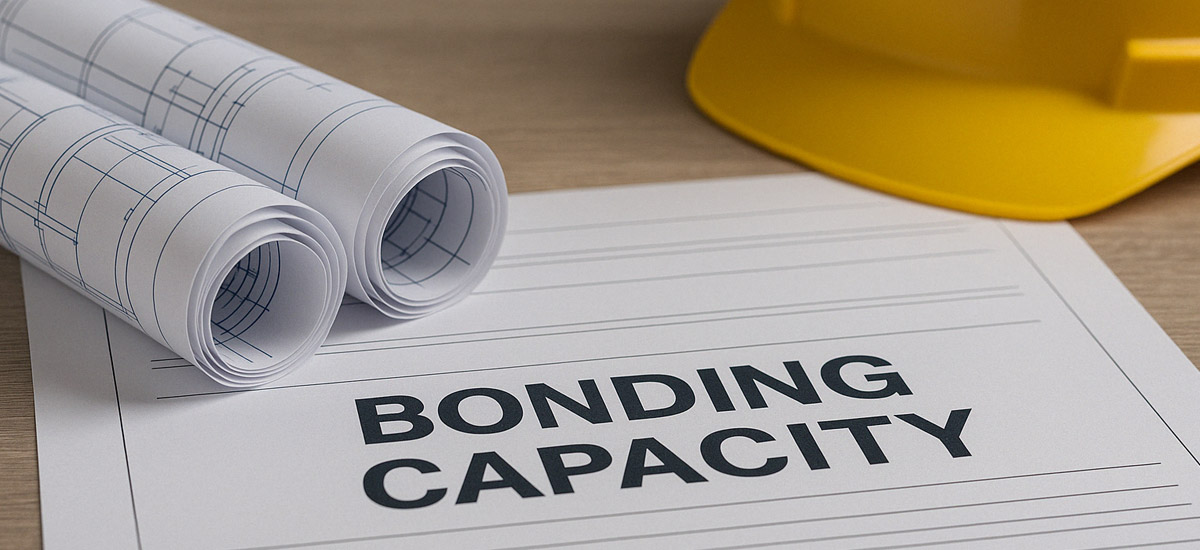
What Is Bonding Capacity and How To Increase It
If you’re a contractor bidding on public or private projects that require surety bonds, understanding your bonding capacity is essential. It determines which jobs you
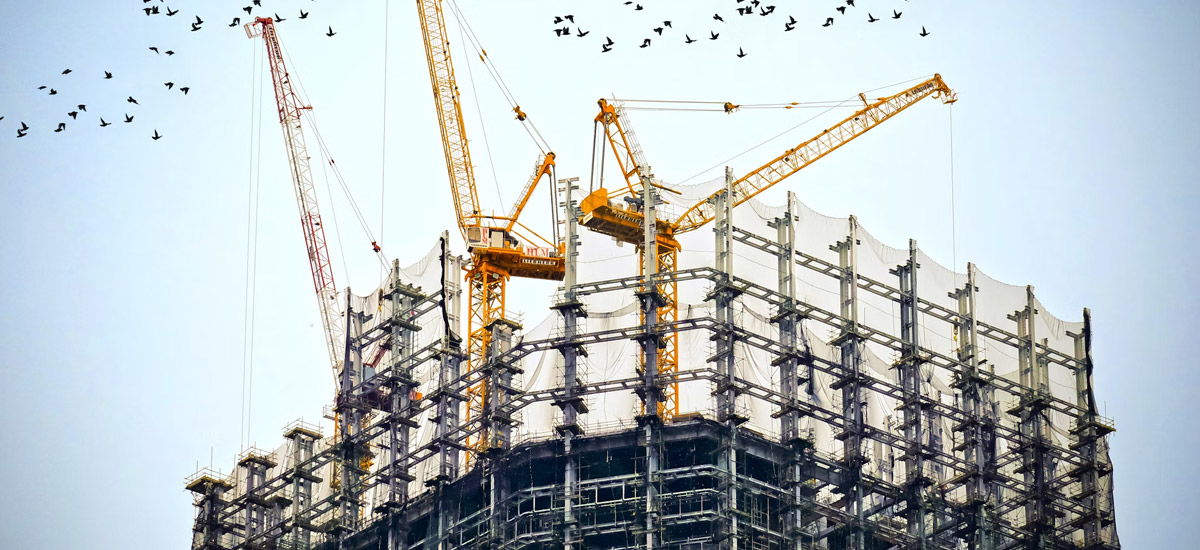
CCDC Updates Surety Bond Wordings for the First Time Since 2002
In an effort to modernize and streamline surety bond agreements, the Canadian Construction Documents Committee (CCDC) has introduced updated wordings for Bid Bonds, Performance Bonds,



